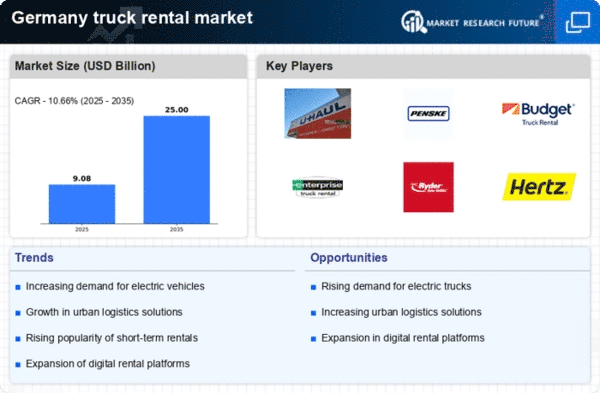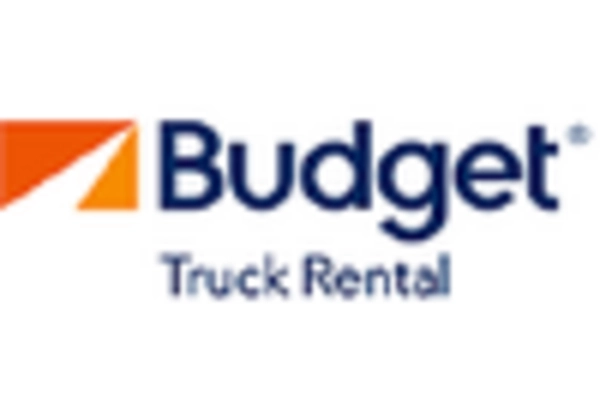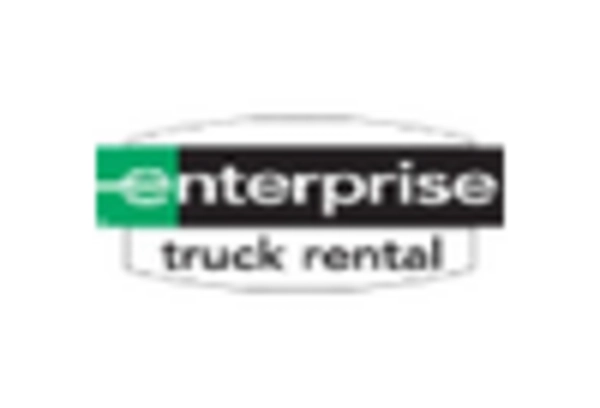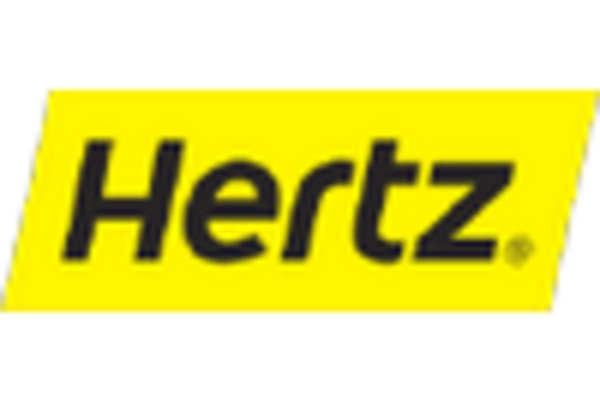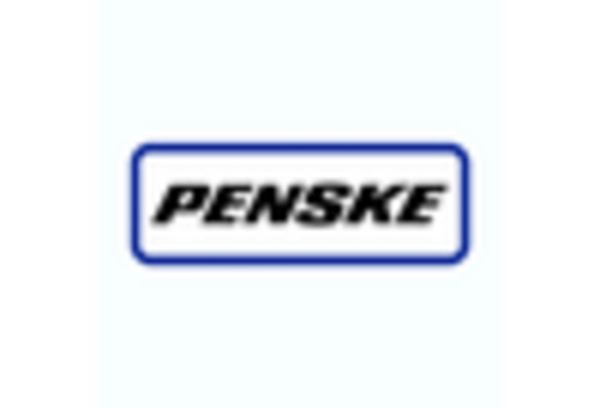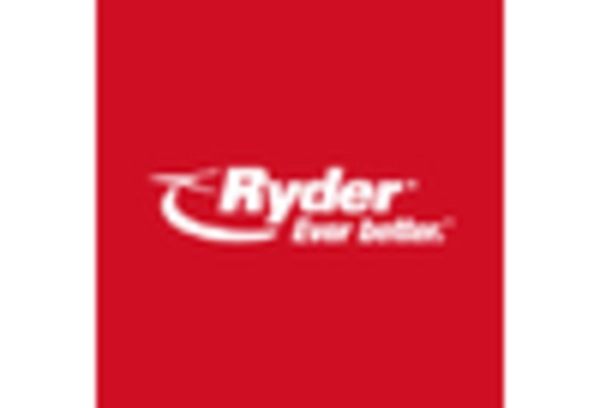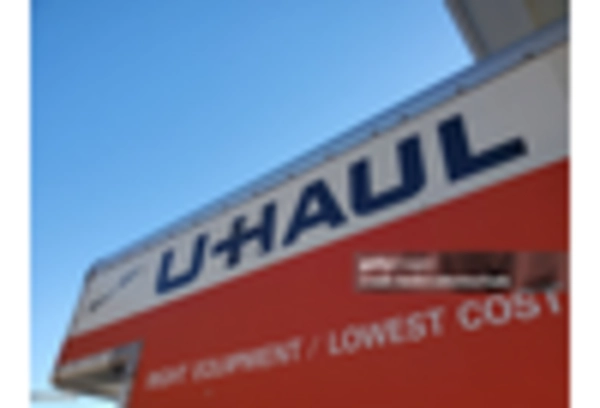E-commerce Expansion
The rapid growth of e-commerce in Germany is reshaping the logistics landscape and influencing the truck rental market. With online retail sales expected to reach €100 billion by the end of 2025, businesses are increasingly reliant on rental trucks to meet delivery demands. This surge in e-commerce necessitates flexible transportation options, as companies often require additional vehicles during peak seasons. Consequently, the truck rental market is positioned to benefit from this trend, as businesses seek to optimize their logistics operations without the long-term commitment of purchasing vehicles.
Regulatory Changes and Compliance
Regulatory changes in Germany are significantly impacting the truck rental market. Stricter emissions regulations and compliance requirements are prompting businesses to seek rental solutions that align with environmental standards. The truck rental market is adapting to these changes by offering fleets that meet the latest emissions criteria, thus appealing to environmentally conscious consumers. As of November 2025, approximately 30% of rental trucks in Germany are expected to comply with the Euro 6 emissions standard, indicating a shift towards greener transportation options. This regulatory landscape is likely to drive demand for rental services that prioritize sustainability.
Urbanization and Population Growth
Urbanization in Germany is a pivotal driver for the truck rental market. As cities expand and populations increase, the demand for transportation solutions rises correspondingly. Urban areas often face logistical challenges, necessitating flexible rental options for businesses and individuals alike. In 2025, urban areas in Germany are projected to house over 75% of the population, leading to heightened demand for rental trucks to facilitate moving goods and services. This trend suggests that the truck rental market will likely experience significant growth as urban logistics become more complex, requiring efficient and adaptable transportation solutions.
Cost Efficiency and Financial Flexibility
Cost efficiency remains a crucial driver for the truck rental market in Germany. Businesses are increasingly recognizing the financial advantages of renting trucks rather than purchasing them outright. This trend is particularly pronounced among small and medium-sized enterprises (SMEs) that may lack the capital for significant investments in fleet management. By opting for rental solutions, these businesses can allocate resources more effectively, enhancing their operational flexibility. In 2025, it is estimated that around 40% of SMEs in Germany will utilize truck rental services to optimize their logistics costs, thereby bolstering the market's growth.
Technological Integration in Fleet Management
Advanced technologies in fleet management are transforming the truck rental market in Germany. Innovations such as telematics, GPS tracking, and mobile applications are enhancing operational efficiency and customer experience. These technologies allow rental companies to monitor vehicle performance, optimize routes, and provide real-time updates to customers. As of November 2025, it is anticipated that over 50% of truck rental companies in Germany will adopt such technologies, indicating a shift towards more data-driven decision-making. This technological evolution is likely to attract more customers to the truck rental market, as businesses seek reliable and efficient transportation solutions.


